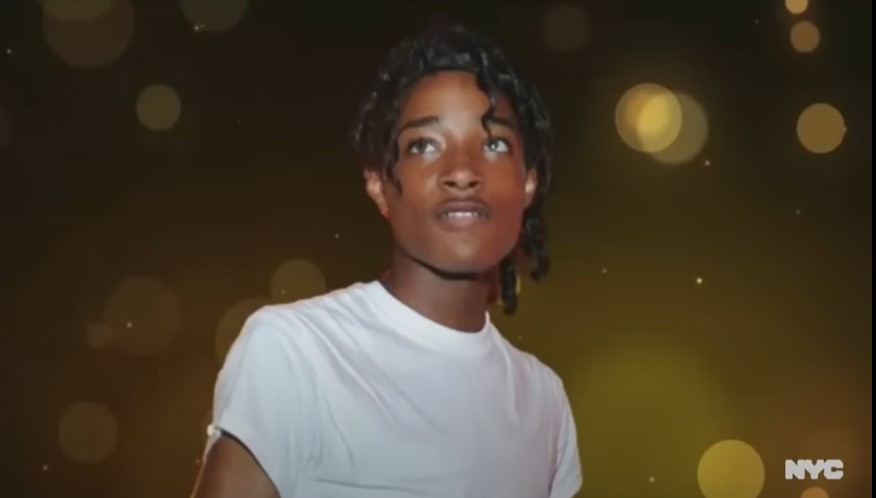Manhattan prosecutors said Thursday that they will bring criminal charges against Daniel Penny, a 24-year-old U.S. Marine Corps veteran who used a fatal chokehold on an unruly passenger aboard a New York City subway train, Jordan Neely.
Penny will be arrested and face a charge of second degree manslaughter, which could carry a jail term of up to 15 years.
The death created outrage and inflamed debates about the response to mental illness in the nation’s largest transit system and how far subway passengers could go to defend themselves when they fear they are in danger. It also deepened the racial divide as the response principally broke along racial lines.

“We cannot provide any additional information until he has been arraigned in Manhattan Criminal Court, which we expect to take place tomorrow,” the Manhattan district attorney’s office said in a statement.
The charges come nearly two weeks after Penny pinned fellow subway rider Jordan Neely, 30, to the floor of a subway car and put him in a chokehold that lasted for several minutes.
According to a freelance journalist who witnessed the struggle, Neely, who is Black, had been screaming and begging for money aboard the train prior to the takedown, but had not physically attacked anyone. Reports are that in his angry shouting, Neely claimed that he didn’t care about any potential consequences. This may have led Penny and others to believe that he was about to commit violence. Two other men helped Penny restrain Neely.
Attorneys for Penny, who is white, previously said their client, along with the other two riders, had acted in self-defense. “Daniel never intended to harm Mr. Neely and could not have foreseen his untimely death,” they said in a statement.

A former subway performer known for his uncanny Michael Jackson impression, Neely struggled in recent years with homelessness and worsening mental illness, friends said. He had been arrested several times, and had recently pleaded guilty to assaulting a 67-year-old woman in 2021 as she left a subway station. After pleading guilty, he missed a court date, leading to a warrant for his arrest that was still active at the time of his death.
His death has divided some in New York and beyond, triggering intense debates and protests. Left-leaning advocates described the killing as an act of racist vigilantism, invoking comparisons to the infamous subway shooting carried out by Bernhard Goetz against four teenagers in 1984.
One tweet captures both the widespread outrage against racism and the hostility against the NYPD: “The “P” in NYPD stands for “police” – so naturally we can infer that the NYPD loves when black people are murdered. So of course they don’t want people to complain or protest it when it happens. They’d prefer we celebrate it I’m sure.”
At least 13 people were arrested in the days following the incident for participating in a protest at a subway station by standing on the train tracks and disrupting the public transit system. The Gothamist reported that those arrested were hit with various criminal charges, including resisting arrest, obstructing governmental administration, assault, trespassing and unlawful interference of a railroad train.

These arrests led to more outrage and sympathy for Neely, with at least one Twitter poster writing: “Cannot stop thinking about how dangerous the marine potentially is, & if there is potential PTSD, real mental health issues that need to be addressed there within himself, because by all accounts, Neely was NOT being violent, he was just upset & sad & saying he was ready to die🥺” The irony is that it Neely who suffered from confirmed mental illness.
Others weren’t so kind to Neely and took Penny’s side, pointing to the deceased criminal record and violent behavior: “a violent drug addict with 44 arrests and a whole host of people corroborating that they were attacked by him.”
Mayor Eric Adams has urged caution, calling on New Yorkers to wait for the full facts and investigations. They note that much is still not known about what precipitated the chokehold.
Penny had at first been questioned and then released, but partly as a result of the pressure brought by the protests, Manhattan District Attorney Alvin Bragg then decided to bring charges against Penny.
A second-degree manslaughter charge in New York will require the jury to find that a person has engaged in reckless conduct that creates an unjustifiable risk of death, and then consciously disregards that risk. The law also requires that conduct to be a gross deviation from how a reasonable person would act in a similar situation.












